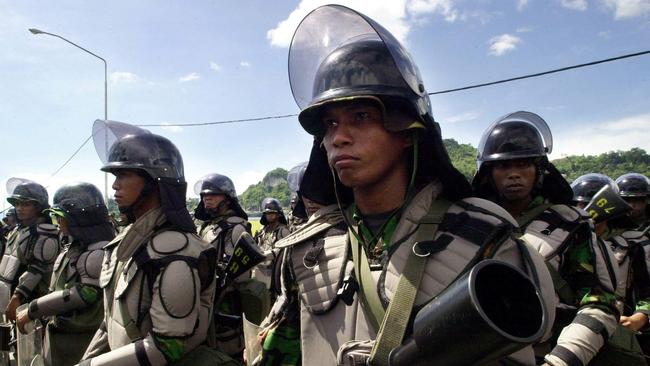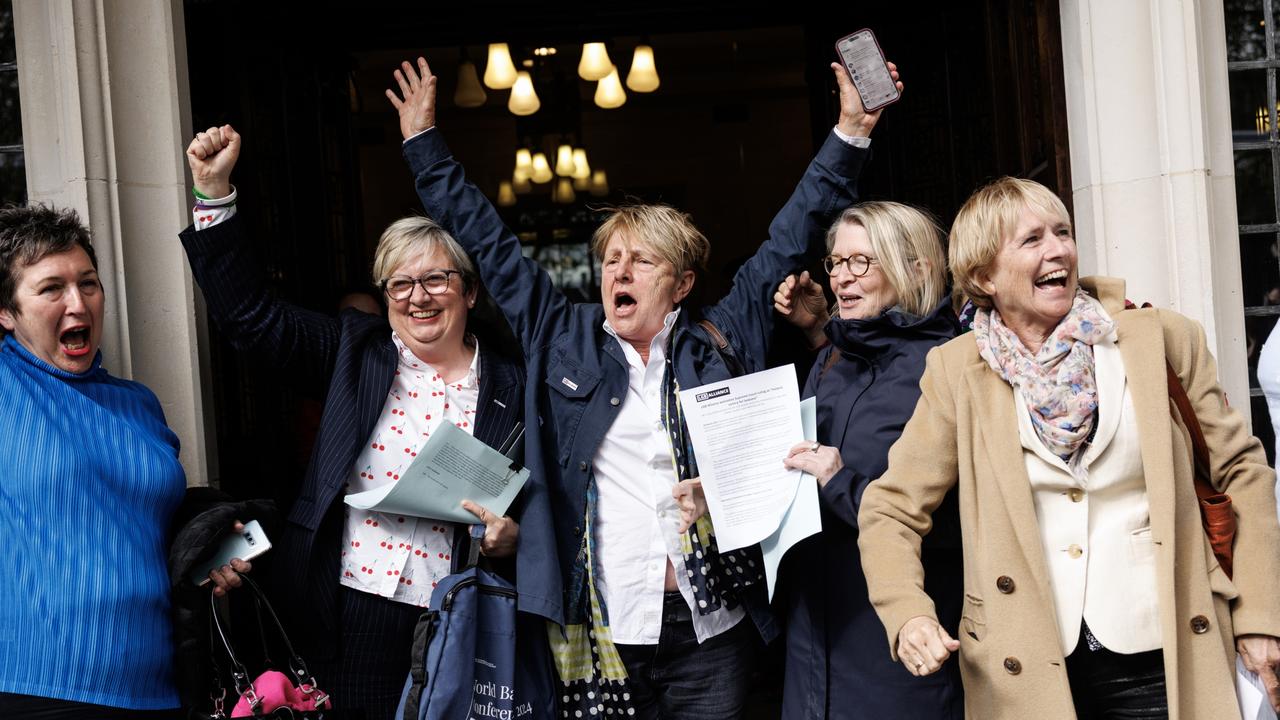Children slaughtered as indigenous Papuans driven out of homes
Three UN special rapporteurs say up to 100,000 people have been displaced by a surge in violence in the past three years.

Indonesian forces and their guerrilla adversaries have been accused of a surge of violence in one of the world’s most intractable conflicts, with reports of child killings, torture and the forced removal of thousands of indigenous people.
Three UN special rapporteurs said as many as 100,000 people have been displaced in the past three years in the province of Papua, driven out by Indonesian forces in a nearly 60-year struggle against insurgents who demand independence.
The situation appeared to deteriorate last year. “Between April and November 2021 we have received allegations indicating several instances of extrajudicial killings, including of young children, enforced disappearance, torture and inhuman treatment, and the forced displacement of at least 5000 indigenous Papuans by security forces,” the experts said.
The UN has now joined the EU in demanding access to the isolated region, from which foreign observers and journalists are banned. “These cases may represent the tip of the iceberg given that access to the region is severely restricted, making it difficult to monitor events on the ground,” the rapporteurs said.
The western half of the island of New Guinea was the last part of Indonesia to remain under Dutch colonial control after the Second World War. It is a vast and sparsely populated region of impassably high mountains and dense jungles, and the home of people whose national dress consists of feathers, beads and gourds.
In Indonesia, a country of 17,500 islands with many isolated places, Papua remains the most impenetrable. Murder, torture and the suppression of free speech are frequently reported.
It was ceded to Indonesia in 1969 after a crudely stage-managed referendum, and since then has been the scene of sporadic fighting between the Indonesian army and a scattered force known as the West Papua National Liberation Army, or TPNPB. But peaceful acts of resistance, including the raising of the outlawed Morning Star flag, have continued in towns and cities, where they usually end in clashes with police and soldiers, and arrests.
The conflict has simmered for half a century, and there have been reports of atrocities on both sides. The violence increased after a military crackdown following the massacre of 20 Indonesian construction workers by separatists in December 2018.
A senior Indonesian intelligence officer, General I Gusti Putu Danny Nugraha, was killed in a clash in April. The Indonesian government responded by declaring the TPNPB a terrorist group and sending in elite troops, including a unit dubbed “Satan’s force” for its ruthlessness and ferocity.
In September, a 22-year-old Indonesian nurse at a local health centre was found dead at the bottom of a ravine after an attack by the separatists. They insisted she had fallen by accident while fleeing; the Indonesian authorities said that she had been deliberately killed by the TPNPB.
Two months later, two children, aged six and two, were shot during a battle. The younger child was struck by a bullet in the stomach and died due to lack of medical treatment. Both sides blamed each other.
Recently the rebels have adopted new tactics, launching attacks on the remote airstrips that in many parts of the territory are the only way in, other than long treks on foot.
According to the UN experts, clearance operations by the security forces have forced between 60,000 and 100,000 people from their homes since 2018.
“Thousands of displaced villagers have fled to the forests, where they are exposed to the harsh climate in the highlands without access to food, healthcare and education facilities,” said the experts, Francisco Cali Tzay, Morris Tidball-Binz and Cecilia Jimenez-Damary.
“We are particularly disturbed by reports that humanitarian aid to displaced Papuans is being obstructed by the authorities. Severe malnutrition has been reported in some areas with lack of access to adequate and timely food and health services. In several incidents church workers have been prevented by security forces from visiting villages where IDPs (internally displaced people) are seeking shelter.”
Josep Borrell, the EU’s foreign affairs chief, last month called on the government of Indonesian President Joko Widodo to allow the UN high commissioner for human rights to visit West Papua. It continues to refuse access and Indonesian diplomats in Geneva dismissed the UN experts’ statement as “biased”.
THE TIMES



To join the conversation, please log in. Don't have an account? Register
Join the conversation, you are commenting as Logout